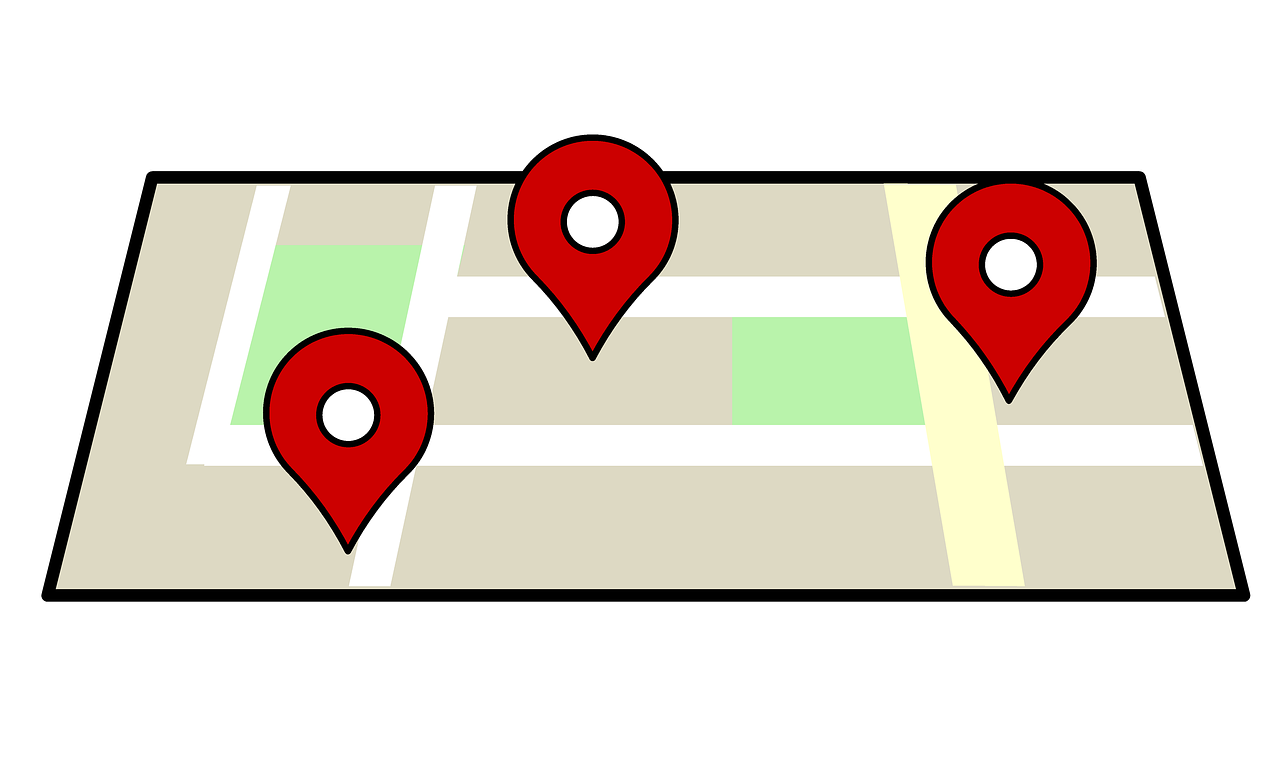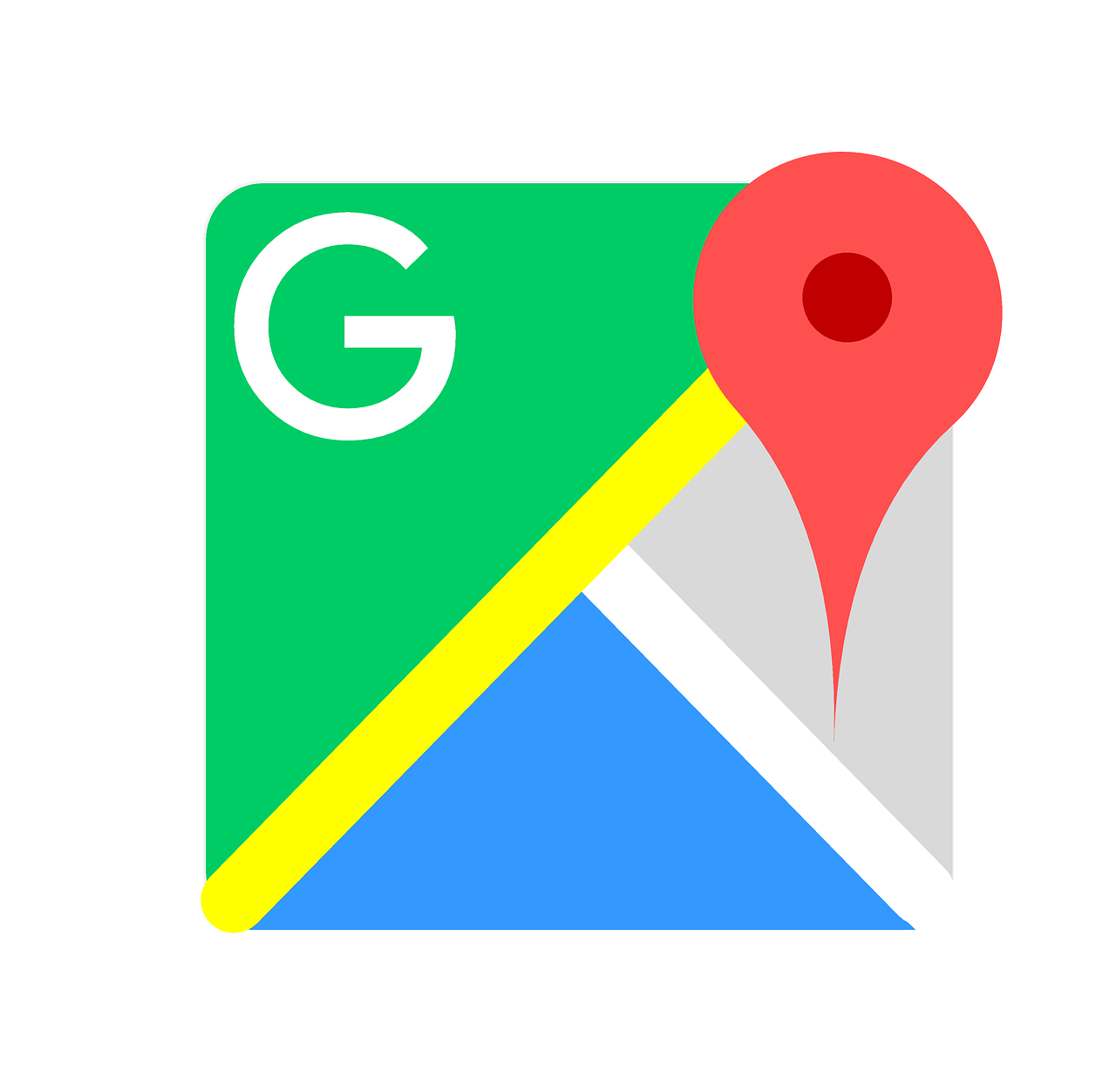E-commerce SEO: Optimizing Product Pages for Maximum Visibility
Running an online store is more than just listing products and waiting for customers to show up. With millions of e-commerce sites competing for attention, search engine optimization (SEO) is critical in ensuring your products stand out. The key to e-commerce success lies in optimizing your product pages to rank higher in search results, attract more traffic, and convert visitors into customers.
If you want to improve your product pages’ visibility, here’s what you need to focus on:
1. Crafting High-Quality Product Descriptions
A well-written product description does more than describe an item—it helps search engines understand your product and convinces potential customers to purchase.
Tips for Writing Effective Product Descriptions:
- Use Unique and Detailed Content: Avoid manufacturer descriptions, as duplicate content can hurt your rankings. Write original, engaging descriptions highlighting the product’s key features and benefits.
- Incorporate Keywords Naturally: Identify relevant keywords your audience is searching for and integrate them seamlessly into your description without keyword stuffing.
- Focus on Readability: Use short paragraphs, bullet points, and explicit language to make descriptions easy to scan.
- Highlight Benefits Over Features: Instead of just listing specs, explain how the product solves a problem or enhances the buyer’s life.
2. Optimizing Product Images for SEO
Images are crucial for e-commerce, but they also impact SEO. Search engines rely on alt text, file names, and other metadata to understand pictures.
Image Optimization Strategies:
- Use High-Quality Images: Crisp, clear images improve user experience and can boost conversion rates.
- Optimize File Names: Instead of "IMG1234.jpg," rename files to something descriptive, like "blue-leather-handbag.jpg."
- Add Alt Text: Alt text helps visually impaired users and search engines understand what the image represents. Use relevant keywords where appropriate.
- Compress Images: Large files slow down page speed, negatively affecting rankings. Use compression tools to reduce file size without sacrificing quality.
3. Enhancing Meta Titles and Descriptions
Meta titles and descriptions are crucial elements that influence click-through rates from search results.
Best Practices for Meta Tags:
- Keep Titles Compelling and Keyword-Rich: Include primary keywords while keeping the title under 60 characters to avoid truncation in search results.
- Write Persuasive Meta Descriptions: Make descriptions informative, engaging, and action-driven. Keep them under 160 characters and include relevant keywords.
- Avoid Duplication: Each product page should have a unique meta title and description to prevent competition within your site.
4. Implementing Structured Data Markup
Structured data (schema markup) helps search engines display rich snippets, including price, availability, and reviews directly in search results.
Benefits of Schema Markup:
- Enhances Click-Through Rates: Users are likelier to click on results that display additional information.
- Improves Search Engine Understanding: Google can better interpret your content, enhancing visibility in search results.
- Boosts Local SEO: A local schema markup can improve local search rankings if you have a brick-and-mortar store.
5. Improving URL Structure
A clean and SEO-friendly URL structure makes it easier for search engines and users to understand your page content.
Tips for URL Optimization:
- Keep URLs Short and Descriptive: Use simple, readable URLs like "yoursite.com/blue-leather-handbag" instead of "yoursite.com/p1234."
- Use Hyphens to Separate Words: Avoid underscores or special characters.
- Include Primary Keywords: A keyword-relevant URL can contribute to better rankings.

6. Encouraging Customer Reviews
Reviews provide social proof and contribute to SEO by generating fresh, user-generated content.
How to Leverage Reviews for SEO:
- Encourage Customers to Leave Reviews: Send follow-up emails requesting feedback after purchases.
- Display Reviews Prominently: Google can pull review snippets into search results, boosting credibility.
- Respond to Reviews: Engaging with customer feedback enhances trust and signals activity to search engines.
7. Enhancing Site Speed and Mobile Usability
Google considers page speed and mobile-friendliness as ranking factors, making it essential to optimize for both.
Steps to Improve Performance:
- Enable Browser Caching: Reduce load times by storing parts of your website in users’ browsers.
- Use a Content Delivery Network (CDN): Distribute content across multiple servers to speed up loading times.
- Optimize for Mobile: Ensure your site is fully responsive and passes Google’s Mobile-Friendly Test.
8. Internal Linking and Navigation
Strong internal linking helps distribute link authority and improves crawlability.
Best Practices for Internal Linking:
- Link to Related Products: Encourage upsells and cross-sells with strategic internal links.
- Use Descriptive Anchor Text: Instead of "click here," use meaningful text like "explore our leather handbags collection."
- Create a Logical Site Structure: Ensure every page is easily accessible within a few clicks from the homepage.
Why Hiring Professionals Matters
While these optimization strategies can significantly boost your product pages’ visibility, e-commerce SEO is an ongoing process that requires expertise and continuous effort. That’s where hiring professionals can make a difference.
The experts specialize in fine-tuning e-commerce websites to maximize visibility, drive traffic, and increase conversions. We handle everything from keyword research and technical SEO to content optimization and analytics tracking so you can focus on growing your business.
Optimizing your product pages for SEO is crucial for standing out in the competitive e-commerce landscape. Enhancing product descriptions, images, meta tags, and overall user experience can improve search rankings and attract more potential buyers. However, staying ahead in SEO requires expertise and constant adaptation. Let the professionals help you achieve sustainable growth and higher visibility for your online store.
Check out our ways of managing Google Business Profiles, Websites, and help with Google Ads
Ready to work with My Agency Site?
Let's connect! We’re here to help.
Send us a message and we’ll be in touch.
Or give us a call today at 111-222-3333
Agency Contact Form
More Marketing Tips, Tricks & Tools










